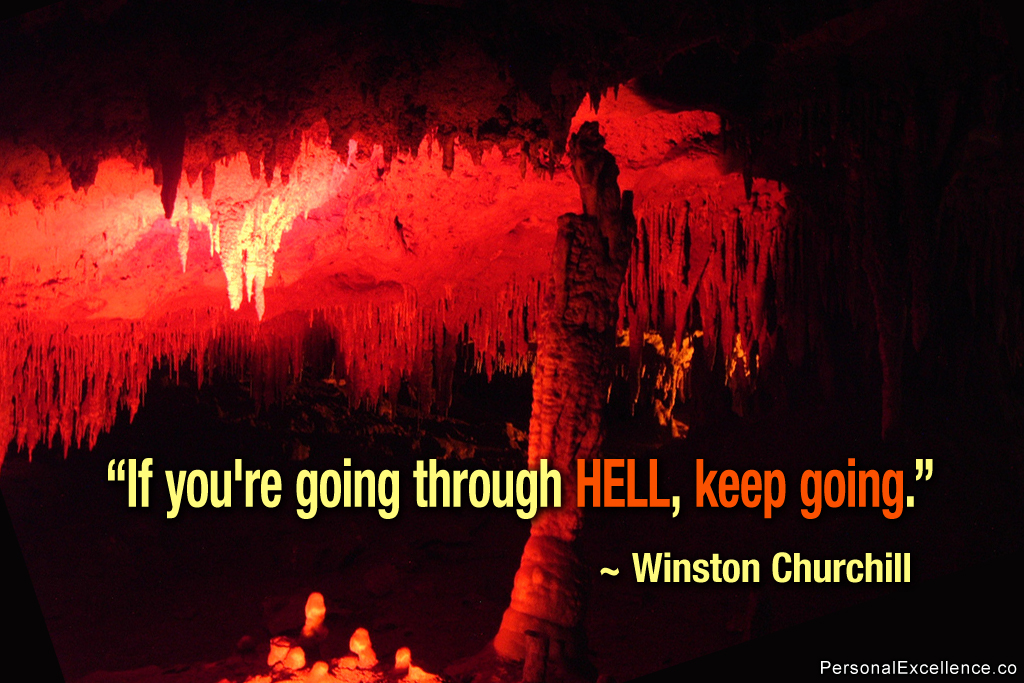
(Image: Jacob_09)
“Hi Celes! I was wondering about your thoughts on being open with what you do in terms of personal growth and self-help? I tend to keep my ‘self-help’ activities rather private; almost no one knows that I read several blogs on the topic, journal/mind dump, or even meditate… and I think I would be quite embarrassed trying to explain my vision board if someone found it! I get the impression many people think self-help is bogus, which is perhaps why I’m so private about it.
Is there any way I can be more open about this aspect of my life, without coming across as (what some might see as) a new age hippie?” — Alexa
Hi Alexa!
I hear you regarding keeping your “self-help” activities private. People who don’t understand would probably write you off as some lunatic or some new-age hippie; the fact that some Hollywood shows portray these new-agey stuff in an over-the-top manner doesn’t help too. (I just watched The Bling Ring on my flight to Scotland and Emma Watson’s character’s mom came across like a loony the way she kept going on and on about The Secret, law of attraction, and creating a vision board!)
Keeping Self-Help Activities Private
When I delved into self-help, from doing things like finding my purpose, discovering my values, and identifying my life goals, I kept these things private from others too. I didn’t see a reason to tell people about them; casual attempts to talk about them would sometimes lead to weird, unsupportive remarks.
Like one time I was chatting with a secretary in my then-company, and I expressed disappointment that my then-job — selling consumer goods like shampoo and skincare products — wasn’t as purposeful as helping people grow. I told her that I would like to quit my job one day to pursue my purpose to help others grow, achieve their highest potential, and hopefully work towards the end goal of oneness in the world.
Rather than empathize, she made a joke about how I sounded like a Miss Universe contestant, then began mimicking the way beauty pageants say “world peace” whenever judges pose them the question of what they want to achieve in this world. I just made a mental note not to raise such topics in front of her next time.
Yet, Realize There are People Interested in Their Growth
That said, while it is true that some people are ignorant of self-help or are simply not receptive to self-help tools like creating your vision board or writing down your bucket list, it doesn’t mean that they are not interested in personal development. They just approach their growth in a different manner compared to people in the self-help arena.
For example, even though I strongly believe in bucket lists, have a huge bucket list with over 100 items, and am continuously speaking in the media about the importance of bucket lists, my fiance doesn’t have one! He says he prefers not to have a list because he knows what he wants to do and he doesn’t like the idea of having a list he needs to constantly update and refer to. That’s not to say he doesn’t have goals and dreams; he just doesn’t pen them down the way I do.
Most of my friends would probably think I’m loony if I talk about self-help the way I do with you guys. They are very pragmatic people who don’t read self-help; if they ever check out my blog, it’s because they want to know what I’m up to rather than because they want to read about personal development per se.
Yet, they often talk about wanting a job with more learning opportunities or wanting to quit their jobs because they are no longer passionate about them. They may not use terminologies like “I want to be a better me” or “I want to discover and pursue my passion”, but they share similar intents.
Be Conscious in How You Express Your Interest
So given that there are many people with an interest in their growth, there is no need to deliberately conceal your interest in self-help. Rather, be deliberate in how you express it.
Tip #1: Test Waters
With the people you are unsure of, test waters . Use benign openings such as, “Have you heard of this blog XXX? It’s a blog on personal development…”, “Have you ever read The 7 Habits of Highly Effective People? It’s an international bestseller by Stephen Covey. It talks about habits of effective people…”, or “Have you done a life wheel assessment before? A life wheel is…”
Tip #2: Share with Those Who Are Receptive
If the person says “yes” or says “no” but seems receptive to what you have to say, then share more.
For example, in my initial conversations with my fiance Ken, I didn’t speak much about self-help. My assumption was that he doesn’t know anything about self-help; after all, he knows that I run a personal development blog but he has never talked about anything self-helpish with me. I didn’t want to seem “hard core” by raising it in conversation; my experience is that men, especially insecure ones, get intimidated by such topics since they undermine their worth.
One time, I took a leap of faith and shared a self-help concept in our conversation because the conversation called for it. I half-expected that he would not understand it and would either brush my comment aside or “switch off”.
To my surprise, he responded with an intelligent response which not only showed a deep comprehension of what I just said, but also pushed the intellectual boundaries of the conversation. I later realized that he used to read up on personal development in his early adult years and he has a very sharp, intellectual mind, which enables him to discuss self-help concepts, even if he hasn’t heard of them before, with ease. I subsequently opened up more about my self-help knowledge to him, which paved the path for us to connect further intellectually, emotionally, and spiritually.
By taking a leap of faith and opening up about my knowledge and interest in self-help, I was able to connect further with this person who later turned out to be my soulmate and partner in life.
Similarly for you, by opening up about your knowledge and interest, you may find new areas to connect with people–new areas you never knew were there. For the people who respond receptively, talk more about your self-help interest with them next time. Update them on what you are up to.
For example, if you just updated your vision board yesterday, take some pictures and share them with your friends. If you recently read this interesting self-help article which you think may be of interest, pass it along. (Many PE readers do that. There is the convenient “share” button available at the top and bottom of every article in case you don’t already know.) If you recently uncovered an exciting insight during your journaling, talk about it the next time you meet.
In fact, social media tools like Facebook has made it very easy to sieve out like-minded folks. Share something related to your self-help interest on your Facebook next time (e.g. your vision board pictures, pictures of your inspirational room, a self-help article you like, etc.) and see who “likes” and/or comments on it. This gives you a clue as to whom you can speak to on self-help with next time.
Tip #3: Refrain from Sharing with Those Who Aren’t Receptive
On the other hand, if the person is not receptive at all, or is perhaps even dismissive (like the secretary I mentioned earlier), refrain from sharing with them. You want to build on your interest with like-minded folks who share similar interests or have an open mind, not combat with skeptics whose life purpose is to shoot you down. Read: 8 Tips To Tackle Naysayers
Tip #4: Share at a Regulated Pace
As for not coming across as a new-age hippie, simply ease into a comfortable pace of sharing. Don’t bombard your friends with self-help updates several times every day when you were never doing this. Start by identifying friends whom you can speak with about self-help, then open up little by little over the days/months. With each receptive response, share a little bit more the next time.
As long as you are not going around forcing people to create their vision boards and bucket lists like how some religious zealots run around the streets preaching their God’s will, you will be fine. :) No one’s going to think you are a hippie unless you act out of line, which you obviously wouldn’t from what I know about you! :)
Hope that helps, Alexa! Here’s are some related pieces:









 Thanks for reading. If you like my free articles, join my private email list and get my latest updates and articles sent right to your inbox.
Thanks for reading. If you like my free articles, join my private email list and get my latest updates and articles sent right to your inbox.